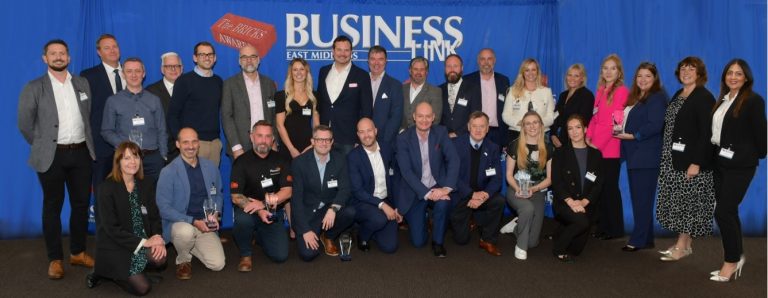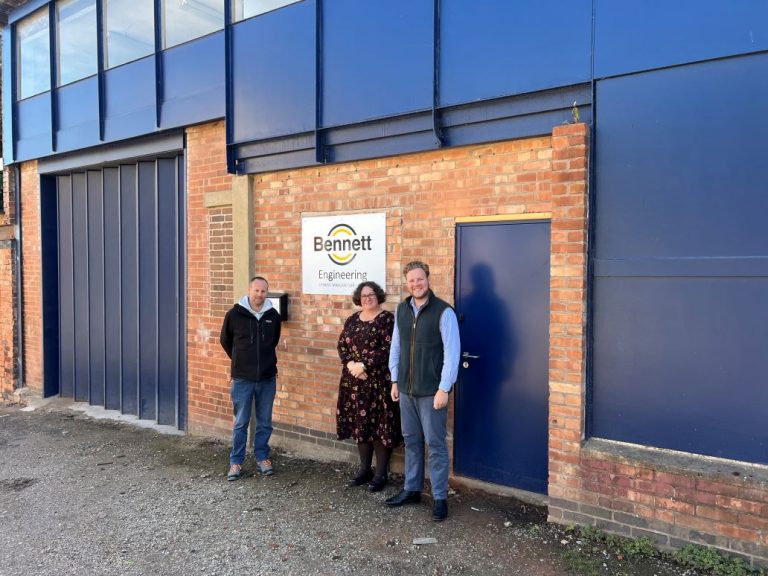East Midlands businesswomen receive top awards for outstanding achievement
Back-to-back fall in monthly insolvency figures, but conditions remain tough for Midlands businesses
British Gas’ regional headquarters in Leicester put on the market
Chamber calls on government to prioritise East Midlands planning asks as public consultation ends
Multi-million-pound satellite and information firm joins Space Park Leicester
The winners of the East Midlands Bricks Awards 2024 to be revealed next week
Tickets can be booked here.
The event, which will begin at 4:30pm and continue until 7:30pm, will also feature Paul Southby as keynote speaker. Paul is a partner at Geldards LLP, chair of the Advisory Board to Nottingham Business School, chair of Broadway independent cinema in Nottingham’s Lace Market, and a longstanding trustee of environmental charity Clean Rivers Trust. He is chair of Nottingham Partners, a group of businesses that supports the work of the local inward investment agency, Invest in Nottingham, and a board member and past chair of Marketing Nottingham and Nottinghamshire Limited. Paul is also a former High Sheriff of Nottinghamshire (2022/23).Shortlist for the East Midlands Bricks Awards 2024
Architects of the Year – sponsored by Mather Jamie IMA Architects Design Haus Architecture Matthew Montague Architects Commercial Development of the Year – sponsored by Global HSE Group Brackley Property Developments – The Dock Extension, Leicester Pick Everard – Nottingham Central Library G F Tomlinson – The Air and Space Institute, Newark Contractor of the Year – sponsored by EMEC Ecology Cawarden Clegg Construction Winvic Deal of the Year – sponsored by Tutum Consulting heb Surveyors – The Oaks, Mansfield FI Real Estate Management – The Quad, Chesterfield Freeths – Former Boots factory site, Beeston Developer of the Year – sponsored by IMA Architects Vistry Group East Midlands Indurent Wavensmere Homes Excellence in Design – sponsored by Cawarden G F Tomlinson – The Air and Space Institute, Newark Design Haus – Musters Road Distinctive Developments – Woodwell and Meadow Barn Most Active Agent – sponsored by Roy Geddes Bricks Rigby & Co FHP Property Consultants Salloway Property Consultants Residential Development of the Year – sponsored by Devello Distinctive Developments – Woodwell and Meadow Barn Phoenix Brickwork UK LTD – IQ Nelson Court Chevin Homes – Chevin Close Responsible Business – sponsored by Press for Attention PR Stepnell Ltd Cawarden Cora Sustainable Development of the Year – sponsored by Viridis Building Services Ltd CPMG – Sir Peter Rubin Centre for Veterinary Education Henry Brothers Construction Ltd – Alfreton Park School Keepmoat – Gedling Green The Overall Winner, sponsored by Blueprint Interiors, will also be announced at the ceremony, who will be awarded a year of marketing/publicity with Business Link worth £20,000.










To be held at:













